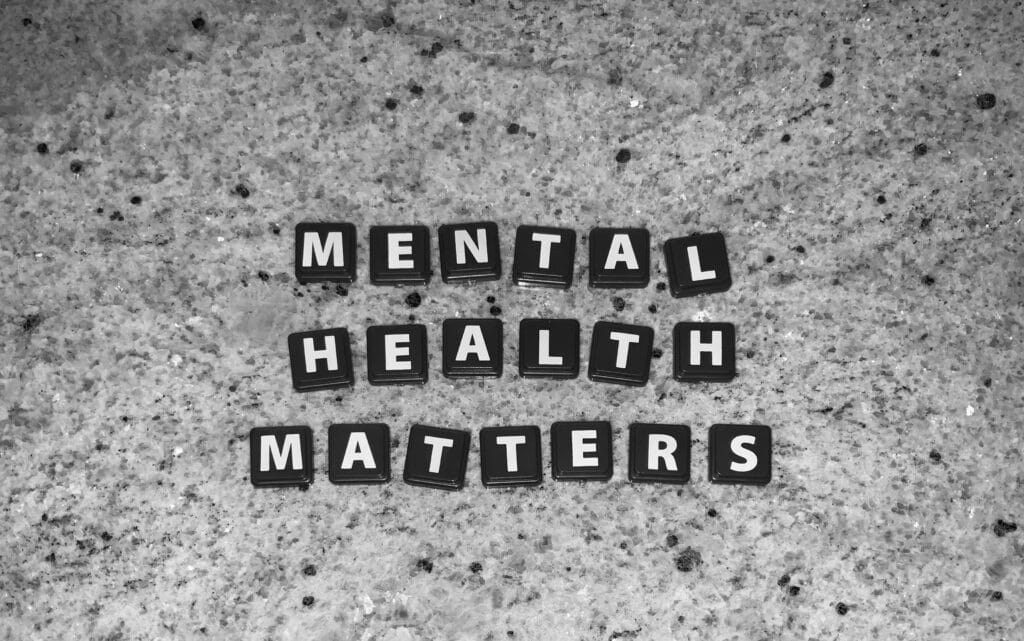If your adolescent child is suffering from anxiety, depression, or another mental health issue, you are not alone. Many teens are still struggling more than a year after the American Academy of Pediatrics (AAP) and other organizations declared a national emergency in youth mental health.
Still, you might wonder if the symptoms are simply a result of the biological and social changes that all young people go through on their way to adulthood, or if they are something more. How do you know when to talk about mental health with your teen and their doctor as a parent or caregiver?
Continue reading to learn more about teen mental health, including warning signs that someone is struggling and may require additional assistance.
Pressures Teens Face
Throughout the COVID-19 pandemic, youth mental health experts expressed concerns about the extreme pressures on children and teens. However, school closures and other COVID-related stressors are not the only causes of teen stress. Many young people are also dealing with the following issues:
- Overwhelming pressure to plan their future, get good grades, and gain admission to prestigious colleges and universities.
- The pressure to excel in sports, the performing arts, or other extracurricular activities.
- Tough schedules that do not allow for enough rest, relaxation, and unstructured play
- Bullying (in person, on social media, or both)
- Fears about climate change, global conflict, and other serious issues persist.
- Discrimination on the basis of race, gender, sexual orientation, weight, religion, disability, or other characteristics
- Poverty-related issues or a lack of funds for safe, stable housing and enough nutritious food.
How will I know if my teen is struggling?
Of course, the mental health symptoms you observe in your child will be unique to them. However, as a parent or caregiver, you have a good idea of what their “normal” is.
Signs your teen may be having mental health difficulties
In addition to more obvious symptoms such as mood swings, irritability, anger, and tears, you may notice:
- Significant changes in sleep, weight, eating habits, or other daily routines
- Loss of interest in things they used to enjoy or quitting activities they used to enjoy
- Withdrawing from friends, family, and the community more than usual
- Canceling plans with their closest friends without any or little explanation
- Academic struggles that appear different or more intense, such as failing quizzes in their favorite subject or refusing to do homework that once seemed simple.
- Running thoughts or worries that will not go away
- A completely new group of friends you have never met before
- Refusing to discuss what is bothering them, even after you have made it as safe as possible for them to do so.
- Obsession with a specific goal, possibly with the belief that failure to achieve it will change their life forever.
- Drug, alcohol, or other substance use symptoms
- Cuts, burns, bruises, and other signs of self-harm that your teen tries to conceal or cannot explain fully and credibly
- Sexual activity or interest that appears to be new or more intense than in the past
Keep in mind that having just one of these symptoms does not necessarily indicate that your teen is in crisis.Biological changes, such as the hormone shifts that all tweens and teens experience, can have an impact on your child’s mood, school performance, and other aspects. However, if you notice one or more of these symptoms on a regular basis, it is time to initiate a mental health conversation with your teen.
What mental health conditions are most common for teens?
Young people face many of the same mental health issues that adults do. However, the following are the most common mental health conditions seen in tweens and teens in the United States:
- Attention deficit/hyperactivity disorder (ADHD) affects nearly 10% of all children aged 3 to 17 in the United States.
- Anxiety affects nearly 9.5% of the population and interferes with daily functioning.
- Depression affects approximately 4.5% of the population. Depression in adolescents may or may not resemble the stereotyped tearful blues. Symptoms of depression can sometimes look more like anger/irritability.
Though less common, eating disorders such as anorexia nervosa and bulimia nervosa can cause serious health issues in adolescents and young adults. Another serious concern for tweens and teens is self-harm, which is thought to be underreported.
What if my teen is having thoughts of suicide?
Suicidal ideas or actions should NEVER be ignored. If your adolescent is in crisis, dial The 988 Suicide & Crisis Lifeline or text “TALK” to 741741. Trained lifeline personnel will assist you in determining immediate steps to protect your child.
If your teen is contemplating suicide but is not in crisis, it is critical that you seek help. Call your child’s pediatrician or mental health provider right away to locate resources and make a treatment and support plan.
If you are worried that you are missing suicide warning signs, here’s an article that might help.
Proactively Promote Mental Health & Self-Care
Also, keep in mind that mental health is more than just dealing with problems. Positive mental health and resilience must be promoted in every day, proactive ways.
Even if your teen is doing well, assist them in making time for self-care and mood-enhancing healthy habits. Make time for your family to enjoy each other. Positive activities and relationships can protect and “scaffold” one’s mental health.
We all have good and bad days, as well as times when we feel better than others. Mental health should remain on our radar, and promoting it should be one of our daily goals. Get help for your teen at Hillside Horizon for Teens today to help them get a fresh start.




